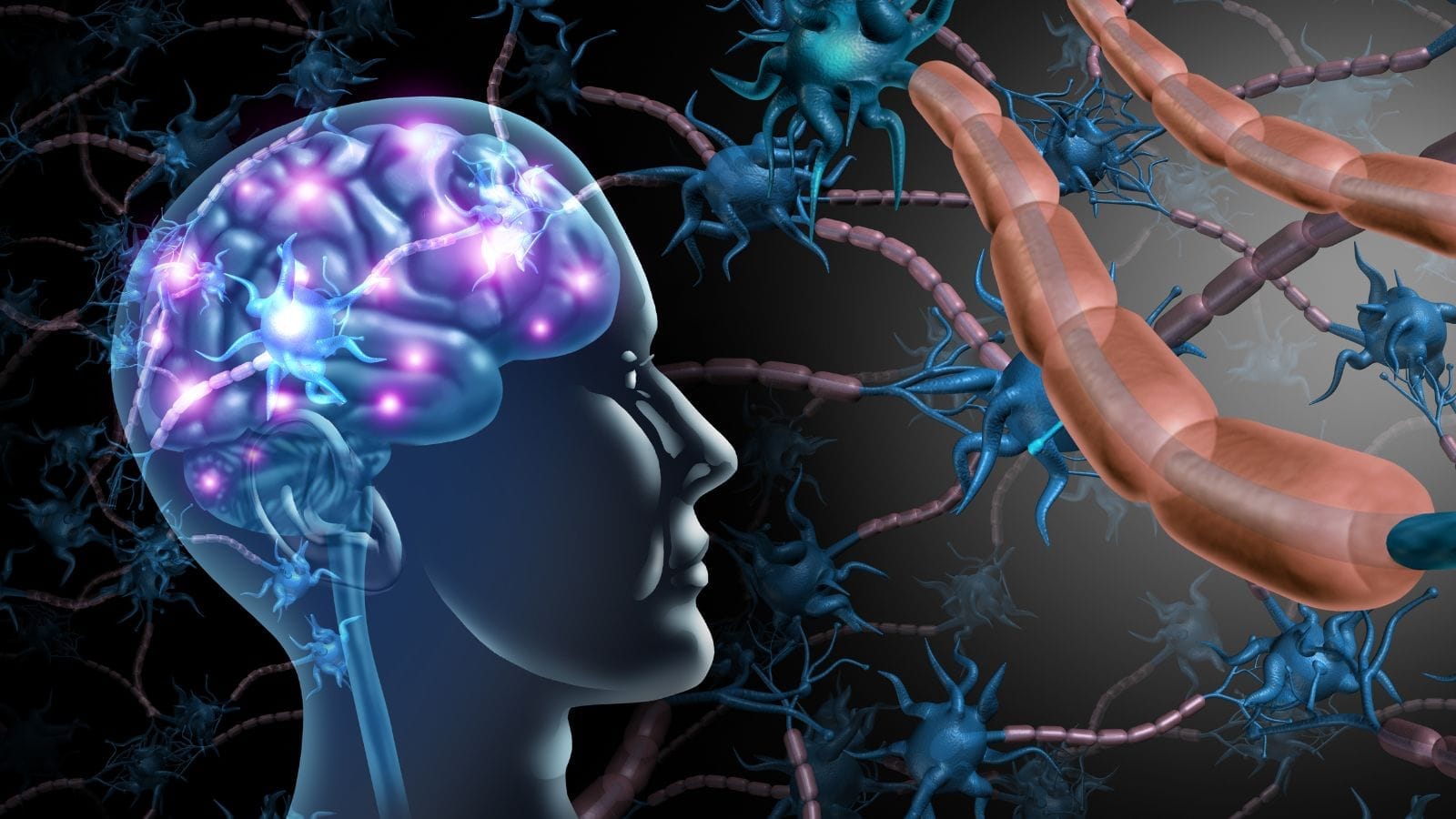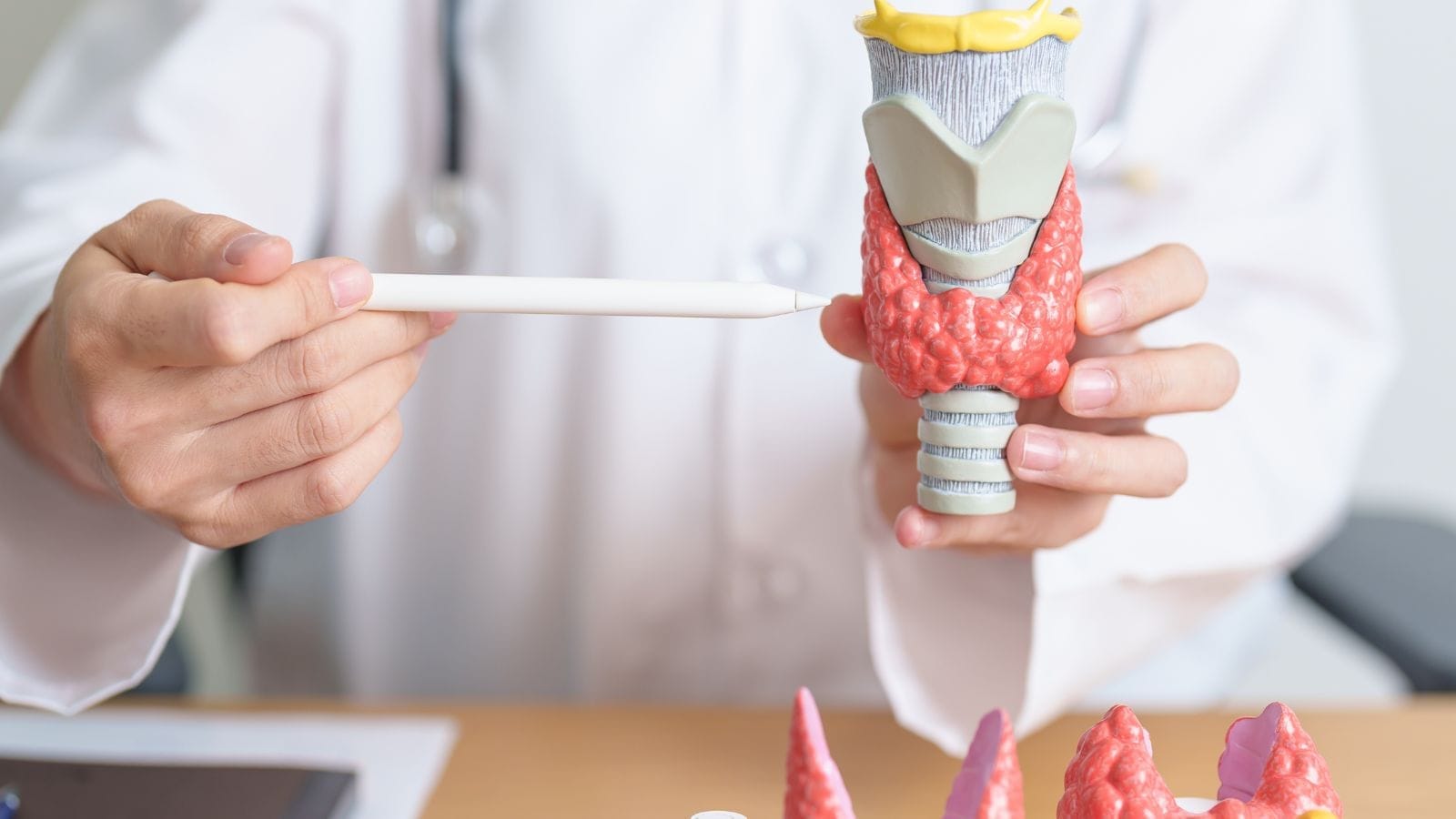TSH, or thyroid-stimulating hormone, regulates thyroid gland activity. Low TSH indicates hyperthyroidism, while high TSH suggests hypothyroidism. Ideal TSH levels are generally between 0.4–4.0 mIU/L, though values may vary depending on age and health status.
Low TSH levels often signal excessive thyroid hormone production. Symptoms include weight loss, palpitations, heat intolerance, and anxiety. Persistent suppression of TSH may increase the risk of arrhythmias and bone density loss if untreated.
High TSH levels reflect insufficient thyroid hormone production. Patients may experience fatigue, weight gain, cold intolerance, and constipation. Long-term hypothyroidism can lead to cardiovascular disease, infertility, and metabolic slowdown if not properly managed.
TSH target values vary in pregnancy and elderly populations. Regular blood tests, individualized treatment with levothyroxine or antithyroid medications, and close monitoring ensure optimal hormonal balance and prevention of complications.
What Is Thyroid-Stimulating Hormone (TSH) and How Does It Work in the Body?
Thyroid-stimulating hormone (TSH) is a fundamental hormone that regulates energy use in the body. It is secreted from the anterior pituitary gland and controls the function of the thyroid gland. This regulatory mechanism stimulates the thyroid to produce T3 and T4 hormones.
Production: TSH stimulates the thyroid gland to produce T3 and T4 hormones.
Secretion: Activated thyroid glands release T3 and T4 hormones into the bloodstream.
T3 and T4 hormones are responsible for regulating metabolic rate, heart rhythm, body temperature, and muscle function. The hypothalamus continuously monitors T3 and T4 levels and stimulates the pituitary gland to produce TSH as needed. This feedback loop keeps hormone levels in balance. Abnormal TSH levels indicate thyroid dysfunction. High TSH is a sign of hypothyroidism, where the thyroid does not produce enough hormones, often leading to symptoms like fatigue and weight gain. Low TSH indicates hyperthyroidism, meaning the thyroid is overactive and can cause symptoms such as weight loss and irritability. The ideal TSH level in adults is generally between 0.4 and 4.0 milliunits per liter, though this may vary by age and health status. The TSH test is often the first step in diagnosing thyroid disease.
What Does Low TSH Mean and What Health Problems Can It Cause?
Low TSH levels indicate that the thyroid gland is overactive. This condition is generally defined as hyperthyroidism and can lead to various health issues. Hormonal imbalances from hyperthyroidism adversely affect body functions. For example, they may cause increased heart rate and elevated blood pressure, which increase the risk of heart failure and stroke. Bone density is also reduced, raising the risk of osteoporosis. Eye health is threatened as well; Graves’ ophthalmopathy is characterized by bulging eyes.
Heart Problems:
- Rapid heartbeat
- High blood pressure
- Heart failure
- Stroke risk
Bone Health:
- Osteoporosis
- Reduced bone density
Eye Disease:
- Graves’ ophthalmopathy
It also affects reproductive health, causing infertility and irregular menstrual cycles. During pregnancy, complications such as preterm birth, low birth weight, stillbirth, and preeclampsia may occur.
Reproductive Issues:
- Infertility
- Irregular menstrual cycles
Complications During Pregnancy:
- Preterm birth
- Low birth weight
- Stillbirth
- Preeclampsia
The most common causes of low TSH include autoimmune disorders like Graves’ disease, thyroid nodules, and excessive thyroid medication. Rarely, pituitary dysfunction may affect TSH production.
What Does a High TSH Level Indicate and Why Is It Important?
High TSH levels indicate that the thyroid gland is underactive and not producing enough thyroid hormone. The pituitary responds by releasing more TSH. This condition can cause a variety of health problems. Metabolism slows, leading to unexplained weight gain. Decreased energy results in fatigue and weakness. Sleep issues such as insomnia and difficulty sleeping are common.
Weight Gain: Unexplained increase in weight
Fatigue and Low Energy: Persistent tiredness
Sleep Problems: Insomnia and difficulty falling asleep
Menstrual and Hormonal Changes: Irregular cycles and lower hormone levels
Sensitivity to Cold: Lower body temperature and increased cold intolerance
Skin and Hair Changes: Dry skin and brittle hair
Digestive Issues: Constipation and slow digestion
Mental Health: Depression and concentration problems
Swelling: Edema in the face, hands, and feet
What Is the Normal Range for TSH Levels and What Factors Can Affect This Range?
TSH levels indicate the functioning of the thyroid gland and, in a healthy individual, typically range from 0.4 to 5.0 mIU/L. These values change across age groups; infants have higher normal TSH ranges, which decrease with age. For those undergoing thyroid disorder treatment, the ideal TSH is usually between 0.5 and 3.0 mIU/L. TSH variability depends on:
- Age and sex: TSH often rises with age; there may be differences between women and men.
- Pregnancy: TSH typically decreases due to hormonal changes.
- Medications: Some drugs for heart disease or cancer can affect TSH.
- Health status: Acute or chronic illness can cause endocrine stress and TSH changes.
- Diet and supplements: Iodine and biotin supplements can affect TSH measurements.
- Time of day and season: Levels fluctuate diurnally and seasonally.
- Lab differences: Testing methods and laboratory errors can influence results.
- Antibodies: Some antibodies can interfere with measurements.
What Are the Symptoms of Low TSH and How Is It Diagnosed?
Low TSH symptoms indicate an overactive thyroid. Irritability and fatigue are among the most common symptoms. Muscle weakness and heat intolerance are also frequent. Insomnia, hand tremors, and rapid or irregular heartbeat may also signal low TSH. Weight loss and mood swings may occur. Cardiac rhythm disorders and high fever can signify severe cases. Mental status changes are possible as well.
- Irritability
- Fatigue
- Muscle weakness
- Heat intolerance
- Difficulty sleeping
- Tremor
- Rapid and irregular heartbeat
- Diarrhea
- Weight loss
- Mood swings
- Arrhythmia
- High fever
- Mental status changes
To diagnose low TSH, TSH, T3, and T4 levels are measured. Medical history and physical examination further evaluate symptoms and thyroid status. Thyroid autoantibody tests help diagnose autoimmune thyroid disease. Ultrasound and radioactive iodine uptake scans are used for more detailed evaluation. Additional blood tests rule out other health conditions and complete the diagnosis.
What Are the Symptoms of High TSH and How Is It Detected?
High TSH levels indicate an underactive thyroid and present with symptoms such as persistent fatigue and exhaustion. Patients often experience unexplained weight gain. Increased cold sensitivity and discomfort in cold environments are common. Dry skin and brittle hair are observed. Depression, muscle weakness, constipation, heavy menstrual periods, concentration difficulties, and hoarseness are associated with high TSH.
Tests used to detect high TSH include:
- TSH blood test: Measures TSH levels in blood.
- T4 test: Analyzes thyroxine; low T4 and high TSH suggest hypothyroidism.
- T3 test: Measures triiodothyronine; less commonly used for hypothyroidism but can be helpful.
- Thyroid antibody tests: Check antibody levels to identify autoimmune thyroid diseases.
- Ultrasound: Evaluates gland size and structure.
- Thyroid scintigraphy: Uses radioactive iodine to visualize thyroid function and structure.
How Is High TSH Treated?
Treatment of high TSH is aimed at correcting hypothyroidism. The main approach is using levothyroxine, a synthetic T4 hormone. This medication is the standard solution for hypothyroidism and helps normalize thyroid hormone levels. Dosage adjustments and blood tests are required to achieve optimal TSH levels. It’s essential to avoid foods and medications that interfere with absorption. In cases with insufficient response, additional treatments may be offered:
- Combined T4 and T3 therapy: Levothyroxine (T4) and liothyronine (T3) combination is used in select cases.
- Dried thyroid extract: A natural hormone preparation offered as an alternative in some situations.
- For rare severe cases, intravenous treatment in hospital may be necessary.
How Is Low TSH Treated?
Low TSH usually occurs in hyperthyroidism or subclinical hyperthyroidism, which is defined by an overactive thyroid. Treatment depends on the patient’s overall health and specific needs. There are three main options:
Antithyroid drugs:
- Medications like methimazole suppress thyroid hormone production.
- They help restore normal heart rhythm and control excessive thyroid activity.
Radioactive iodine therapy:
- Oral radioactive iodine-131 destroys overactive thyroid cells.
- This is preferred for conditions like Graves’ disease.
- Most patients develop hypothyroidism in the long term and require thyroid hormone replacement therapy.
Thyroid surgery:
- Surgical removal of an overgrown thyroid, especially in cases resistant to other therapies or with contraindications.

Girişimsel Radyoloji ve Nöroradyoloji Uzmanı Prof. Dr. Özgür Kılıçkesmez, 1997 yılında Cerrahpaşa Tıp Fakültesi’nden mezun oldu. Uzmanlık eğitimini İstanbul Eğitim ve Araştırma Hastanesi’nde tamamladı. Londra’da girişimsel radyoloji ve onkoloji alanında eğitim aldı. İstanbul Çam ve Sakura Şehir Hastanesi’nde girişimsel radyoloji bölümünü kurdu ve 2020 yılında profesör oldu. Çok sayıda uluslararası ödül ve sertifikaya sahip olan Kılıçkesmez’in 150’den fazla bilimsel yayını bulunmakta ve 1500’den fazla atıf almıştır. Halen Medicana Ataköy Hastanesi’nde görev yapmaktadır.









Vaka Örnekleri